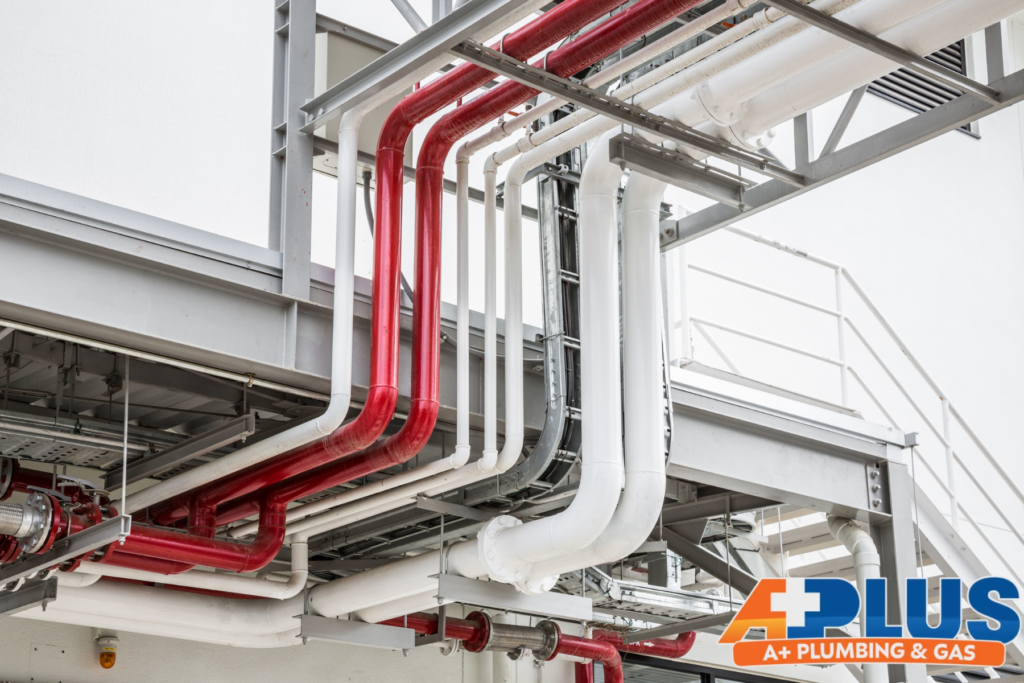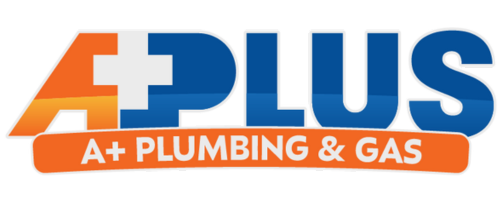Leaking pipes are one of the most common plumbing issues homeowners face in Oklahoma City. At first, a small drip might seem insignificant, but even a slow leak can cause water damage, mold growth, and high utility bills. Worse, hidden leaks can go unnoticed, leading to more severe damage over time. So, what causes pipes to leak, and how can you prevent it?
In this article, we’ll dive into the common causes of pipe leaks, how to spot them, and what proactive steps you can take to keep your plumbing system in top shape. Whether you’re dealing with a minor leak or a plumbing emergency, this guide will help you understand how to protect your home. If you’re looking for professional assistance, it’s important to trust one of the best plumbing companies in OKC to ensure your plumbing issues are resolved effectively.
Common Reasons Your Pipes Might Be Leaking
Corrosion and Age
As pipes age, they naturally begin to deteriorate. Corrosion is a common issue when metal pipes, such as copper or galvanized steel, react with water, air, or minerals in your water supply. Over time, this weakens the pipe walls, making them prone to leaks.
If your home has older plumbing, corrosion is a likely culprit. Regular inspections by professional plumbers in Oklahoma City can help identify these issues early, preventing costly repairs.
Excess Water Pressure
High water pressure might seem desirable, but too much pressure can damage your plumbing system. It strains the pipes, causing fittings and joints to wear down more quickly. Eventually, this leads to leaks, especially in older or weaker sections of your plumbing.
A pressure regulator can help maintain safe water pressure, which should stay between 40 and 60 psi. If your pipes are making strange noises or if you’re experiencing frequent leaks, it’s time to call a 24-hour plumber in Oklahoma City.
Loose or Damaged Pipe Joints
The joints where pipes connect are some of the most vulnerable parts of your plumbing. Over time, these joints can loosen, especially due to movement in your home, such as foundation settling or seasonal temperature fluctuations. When this happens, even a small gap can allow water to leak.
If you hear ticking or clanking sounds near exposed pipes, this could indicate loose joints that need attention from a professional plumber.
Clogged Lines
Clogs aren’t just an inconvenience; they can cause serious plumbing issues. When pipes become blocked, pressure builds behind the clog, leading to cracks or bursts.
While chemical drain cleaners may seem like a quick fix, they can cause further damage to your pipes. To prevent leaks, it’s best to rely on professional plumbers who can safely clear blockages.
Tree Root Infiltration
Tree roots naturally seek out moisture and can infiltrate your water or sewer lines. Over time, these roots can cause major blockages and even crack your pipes, leading to leaks.
This type of issue often requires specialized equipment, such as video inspection tools, to locate and fix. A plumber can diagnose and resolve the problem efficiently.
Signs Your Pipes Might Be Leaking
Leaks often go unnoticed because they occur behind walls, under floors, or inside ceilings. However, certain signs can indicate a leak in your plumbing system:
- Unexplained increase in water bills: If your water bill spikes without a change in usage, a hidden leak may be the cause.
- Water stains or puddles: Discoloration or damp spots on walls, ceilings, or floors can indicate leaking pipes.
- Mold or mildew smells: A musty odor often signals moisture build-up, which could be caused by a leak.
- Warped flooring: Flooring that buckles or becomes uneven may be due to hidden water damage from leaking pipes.
- Continuous sound of running water: If you hear water running but there’s no source, it’s a sign of a leak.
- Low water pressure: A significant drop in water pressure can indicate a leak in the system.
If you notice any of these symptoms, contact an emergency plumber Oklahoma City as soon as possible to prevent further damage.
How to Prevent Pipe Leaks
Preventing leaks is often easier and cheaper than repairing them. Here are a few steps you can take to protect your plumbing system:
Schedule Regular Inspections
Routine inspections by a professional plumber can catch early warning signs of leaks, corrosion, or pressure issues. Catching problems early can save you time, money, and the stress of emergency repairs.
Monitor Water Pressure
Use a water pressure gauge to check your home’s pressure. Ideal water pressure is between 40 and 60 psi. Anything above 80 psi can lead to damage over time.
Protect Pipes in Cold Weather
Frozen pipes are a significant concern in colder months. To prevent them from bursting, insulate exposed pipes, keep cabinet doors open to allow warm air circulation, and let faucets drip during freezing temperatures.
Be Careful What You Flush or Pour
Avoid flushing grease, coffee grounds, or harsh chemicals down your drains. These can cause blockages, increasing the likelihood of leaks.
Address Minor Issues Immediately
Even small issues like a dripping faucet or a slow drain can turn into larger problems. Don’t wait, contact a plumber at the first sign of trouble.
When to Call a Professional
While it might be tempting to handle plumbing problems yourself, certain issues require immediate professional attention. Leaks behind walls, slab leaks, or gas line concerns are not DIY projects.
Calling a 24-hour plumber OKC ensures that your plumbing system is repaired safely and efficiently. Professionals have the tools and experience to accurately diagnose and fix leaks, minimizing both damage and downtime.

Real-Life Customer Story
“I had an emergency plumbing situation, and A+ Plumbing & Gas was wonderful! I spoke with Don, and he was very professional and explained everything to me so that a person who knows nothing about plumbing could understand. I HIGHLY recommend using A+ Plumbing & Gas for all of your plumbing needs. The pricing was very fair, and they did not try and take advantage of my emergency. Thanks again, A+ Plumbing & Gas!!!”
–Trey Rixleben
About A+ Plumbing & Gas
If you’re facing a leak or simply want to prevent future plumbing issues, A+ Plumbing & Gas is here to help. Serving Oklahoma City, Edmond, Yukon, and surrounding areas, we offer a wide range of plumbing services for both residential and commercial properties.
Our expert team handles everything from emergency repairs to routine maintenance, including slab leak detection, water heater repair, gas line services, and complete re-pipes. Whether it’s a leaking faucet or a hidden water line under concrete, we have the tools and expertise to solve the problem quickly and effectively. If you’re searching for a plumber near me, we are here to provide fast and reliable service whenever you need it.
Call to Action:
If you suspect you have a leak or want to avoid future plumbing issues, don’t wait! Call us today for your plumbing inspection. Our 24-hour emergency plumbing services in Oklahoma City are just a call away. Trust us to keep your home’s plumbing system running smoothly and efficiently.

